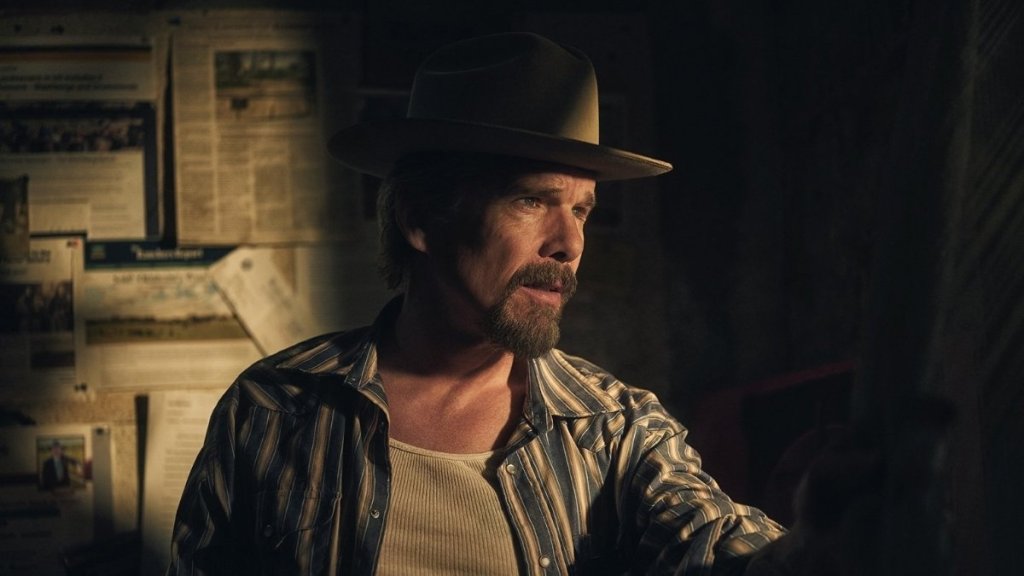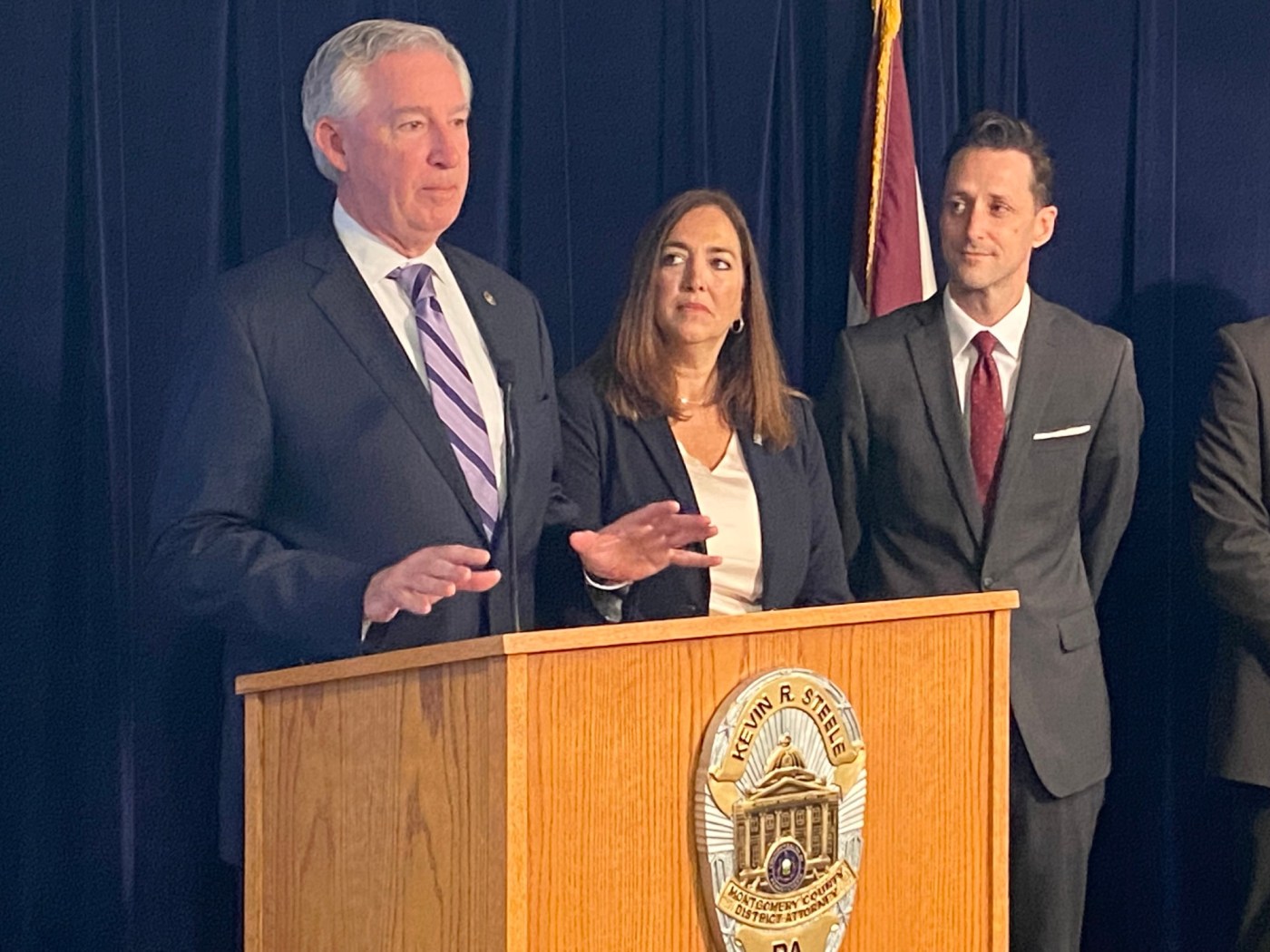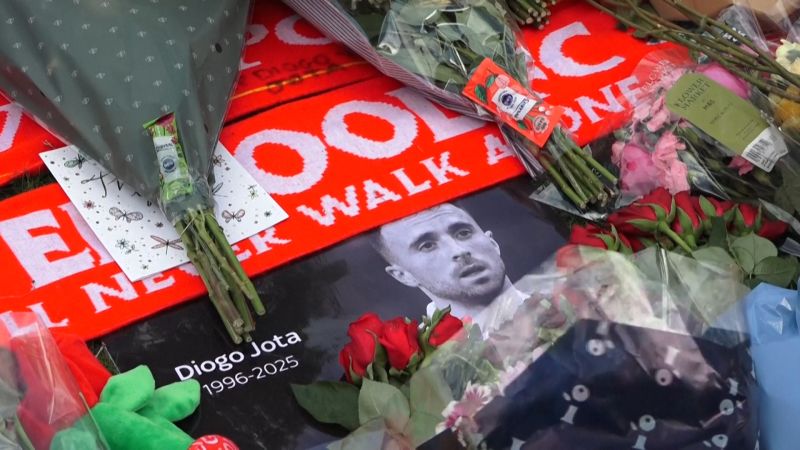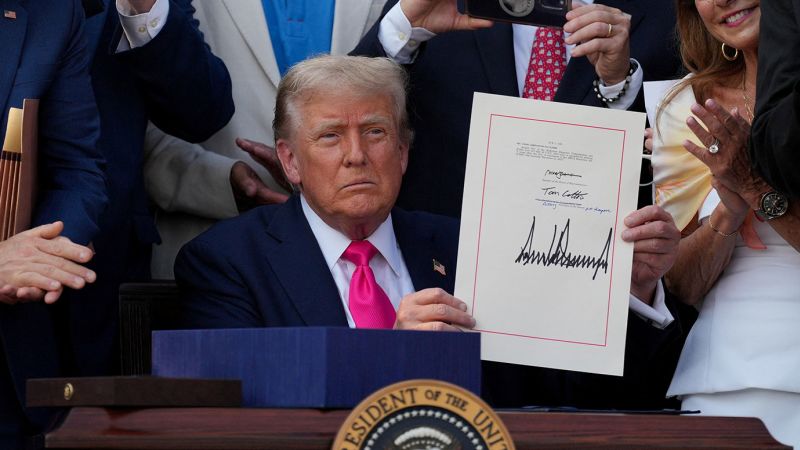Indian Family Fights to Save Nurse from Execution in Yemen
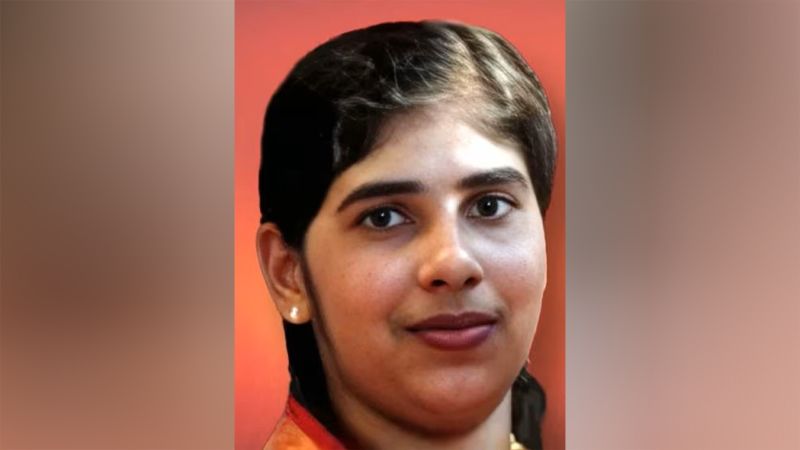
Relatives of Indian nurse Nimisha Priya are urgently seeking to halt her impending execution in Yemen, where she has been sentenced to death for the murder of her former business partner. Scheduled for execution on Wednesday, the case has captured widespread attention in India. Priya was convicted in 2020 by a court in the capital, Sanaa, following the discovery of her business partner’s body in a water tank in 2017.
The family has faced significant challenges in their fight for her release, compounded by the lack of formal diplomatic relations between New Delhi and the Houthis, who control Sanaa amid ongoing civil conflict. Human rights organizations have called for the Houthis to refrain from carrying out the execution. On Monday, Amnesty International urged the group to “immediately establish a moratorium on all executions and commute Priya’s and all existing death sentences as first steps,” emphasizing that the death penalty constitutes “the ultimate cruel, inhuman and degrading punishment.”
In Yemen, Priya may receive clemency if the victim’s family pardons her and accepts “diyah,” often referred to as blood money. Samuel Joseph, a social worker assisting her family, expressed cautious optimism about the situation. “I’m spirited the efforts here, and by god’s grace, we got people who are helping. The government of India is directly involved,” he stated.
Priya’s family maintains that she acted in self-defense, claiming her former business partner was abusive and had confiscated her passport following the outbreak of civil war. Joseph highlighted that her trial was conducted in Arabic without the provision of a translator, raising concerns about the fairness of the proceedings.
Activists founded the Save Nimisha Priya Action Council in 2020 to raise funds for her legal battles and negotiate with the victim’s family. Rafeek Ravuthar, an activist involved in the council, noted the challenges of negotiating in a country without an Indian embassy, stating, “The reality is that there is no Indian embassy, there is no mission in this country.” So far, the council has raised approximately five million rupees (nearly $58,000) for her legal fees.
In recent days, politicians from Kerala, Priya’s home state, have urged Indian Prime Minister Narendra Modi to intervene. Pinarayi Vijayan, Kerala’s chief minister, wrote a letter to Modi requesting his involvement, emphasizing that the case deserves sympathy. In February, Kirti Vardhan Singh, India’s Minister of State for External Affairs, assured the parliament that the government prioritizes the welfare of Indians abroad and is providing all possible assistance to Priya.
Priya’s journey to Yemen began in 2008, when she joined over two million individuals from Kerala seeking better opportunities in the Middle East. She worked as a nurse and aspired to open her own clinic. In 2014, with support from her husband, Tomy Thomas, she opened a clinic in Sanaa. “We lived a normal happy married life,” he reflected. “My wife was very loving, hardworking and faithful in all that she did.”
Unfortunately, her dreams were overshadowed by Yemen’s political turmoil. The Houthi takeover of Sanaa in 2014 led to a devastating civil war, making the country increasingly dangerous for foreign nationals. Many chose to leave, but Priya remained to protect her business and her family’s future.
India lacks formal diplomatic relations with the Houthis and no operational embassy in Yemen, complicating efforts to provide assistance. Instead, all consular matters are managed through the Indian Embassy in Djibouti, located across the Red Sea.
The situation remains precarious for Priya, as Yemen ranks among the top countries in the world for executions. According to Amnesty International, the Houthis executed at least one individual in areas under their control in 2024, and the organization has expressed concerns that more executions may have occurred.
Priya’s mother, a domestic worker from Kerala, sold her home to fund her daughter’s legal defense and has been in Yemen for over a year to facilitate negotiations for Priya’s release. Meanwhile, Tomy and their daughter remain in Kerala, holding on to hope for her return. “My wife is very good, she is very loving,” he said. “That is the sole reason I am with her, supporting her and will do so till the end.”
As the countdown to the scheduled execution continues, the efforts to save Nimisha Priya remain a poignant reminder of the complexities of international diplomacy and the human impact of ongoing conflict.


